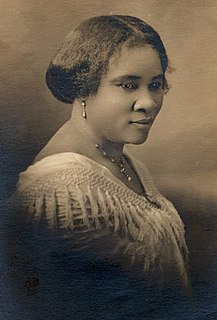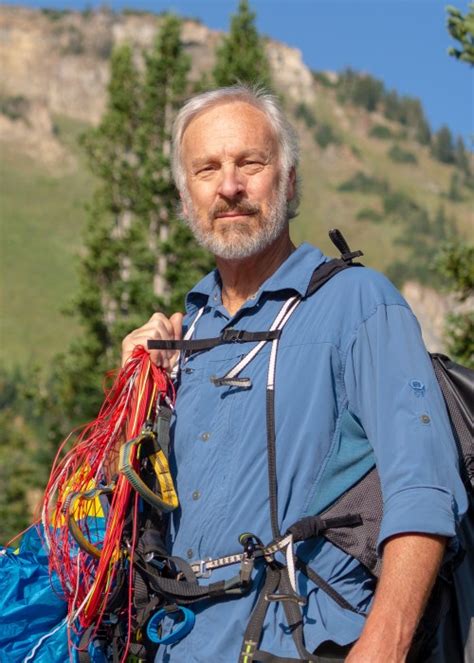A Quote by William Hazlitt
Just as much as we see in others we have in ourselves.
Related Quotes
To see ourselves as others see us can be eye-opening. To see others as sharing a nature with ourselves is the merest decency. But it is from the far more difficult achievement of seeing ourselves amongst others, as a local example of the forms human life has locally taken, a case among cases, a world among worlds, that the largeness of mind, without which objectivity is self-congratulation and tolerance a sham, comes.
The remarkable thing is that we really love our neighbor as ourselves: we do unto others as we do unto ourselves. We hate others when we hate ourselves. We are tolerant toward others when we tolerate ourselves. We forgive others when we forgive ourselves. We are prone to sacrifice others when we are ready to sacrifice ourselves.
When we see the relatedness of ourselves to the universe, that we do not live as isolated entities, untouched by what is going on around us, not affecting what is going on around us, when we see through that, that we are interrelated, then we can see that to protect others is to protect ourselves, and to protect ourselves is to protect others.
When we see the relatedness of ourselves to the universe, that we do not live as isolated entities, untouched by what is going on around us, not affecting what is going on around us, when we see through that, that we are interrelated, then we can see that to protect others is to protect ourselves, and to protect ourselves it to protect others.
Friendship Never explain -- your friends do not need it, and your enemies will not believe it anyway. A real friend never gets in your way, unless you happen to be on the way down. A friend is someone you can do nothing with and enjoy it. However much we guard ourselves against it, we tend to shape ourselves in the image others have of us. It is not so much the example of others we imitate, as the reflection of ourselves in their eyes and the echo of ourselves in their words.
Everyone deserves love and appreciation. If there is someone in the world whom we do not love, it is our blessing to work this out within ourselves. A very key spiritual principle, echoed in the Cayce readings as well as mainstream psychology, is that whatever we see in others that makes us angry, sad or jealous is a reflection of an issue we have in ourselves. If we can learn to love, respect and forgive ourselves, then we will not be angered and offended by what we see in others.
You just have to work, we all have to work really hard to take care of ourselves and feed ourselves good information, just like we feed ourselves good food. Feed ourselves good books and good messaging and the things that make us feel like we can be connected with ourselves and others in a deeper way.
Compassion- which means, literally, "to suffer with"- is the way to the truth that we are most ourselves, not when we differ from others, but when we are the same. Indeed the main spiritual question is not, "What difference do you make?" but "What do you have in common?" It is not "excelling" but "serving" that makes us most human. It is not proving ourselves to be better than others but confessing to be just like others that is the way to healing and reconciliation.
We need to stop comparing ourselves to others, and stop patting ourselves on the back for attaining artificial measurements of spirituality. We need to take care that we do not think we are something we are not, or else we may deceive ourselves, setting ourselves up for rebuke in the future when we see Christ face to face

































